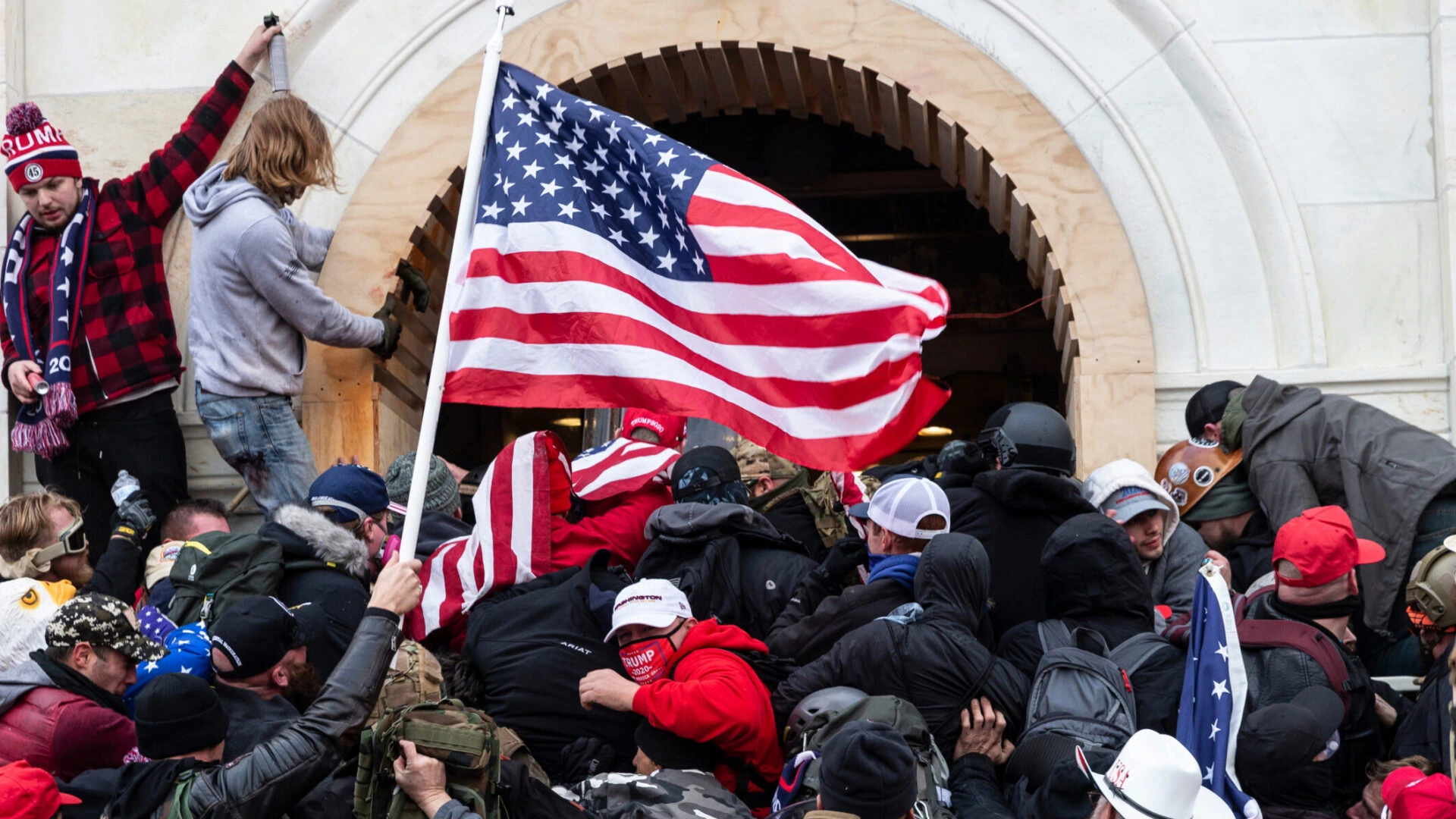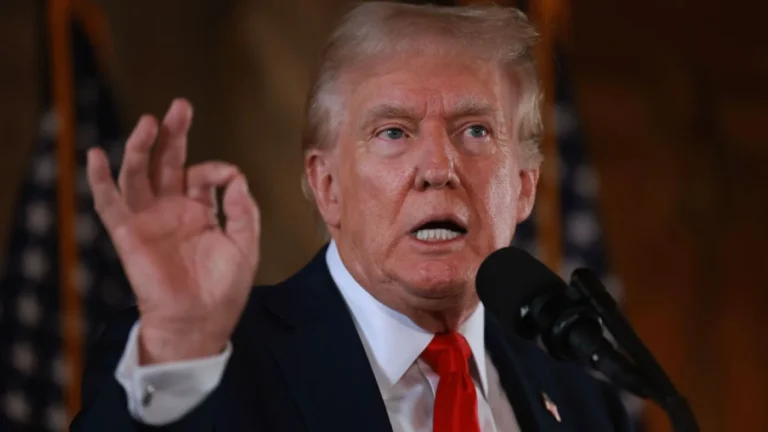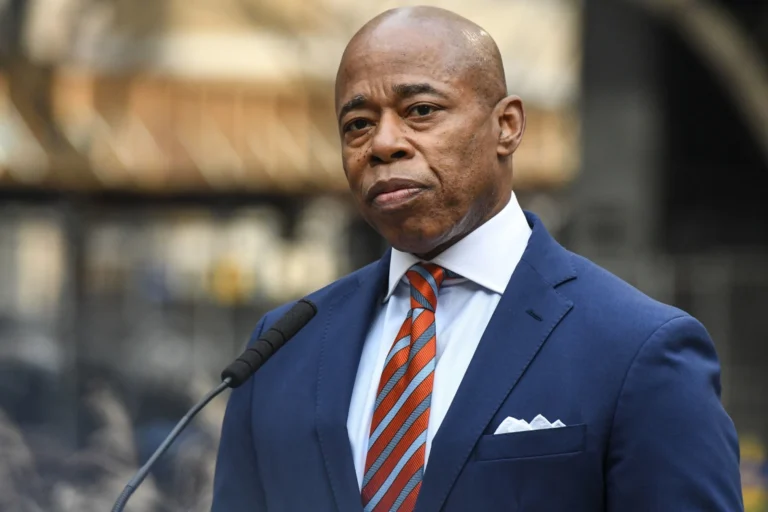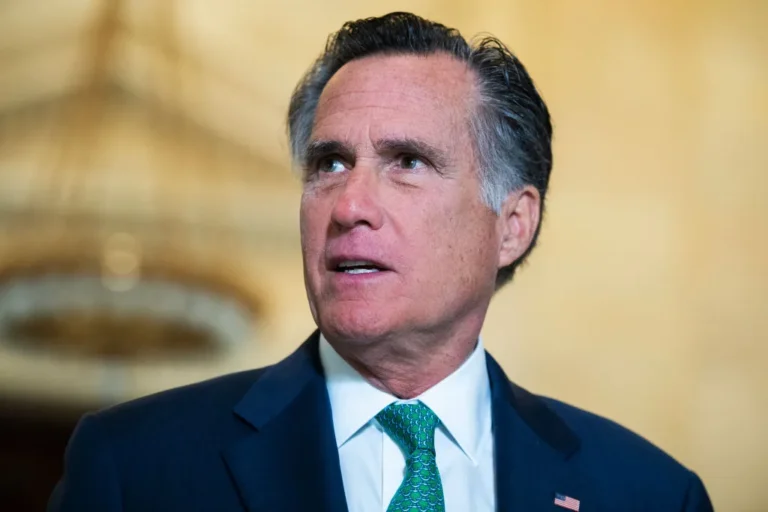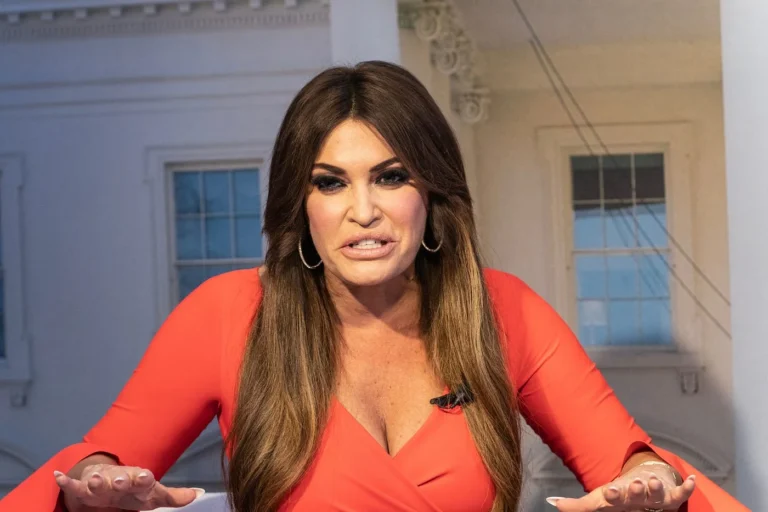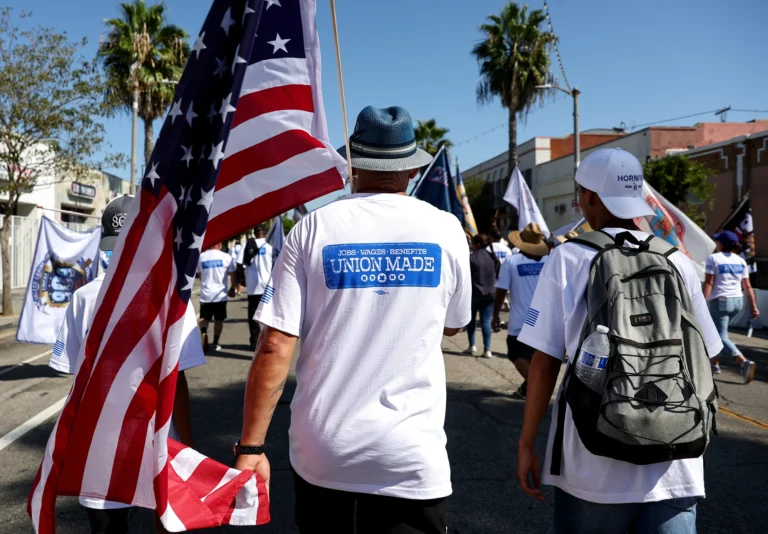At a rally in Lititz, Pennsylvania, former President Donald Trump reignited familiar themes of alleged election fraud and hostility toward the media, delivering a speech filled with inflammatory remarks and references to violent outcomes for his political enemies and critics. This appearance marked a continuation of Trump’s longstanding antagonism toward the press and opposition to election protocols, with statements that appeared to walk a thin line on calls to violence.
Trump’s rally setup included bulletproof glass surrounding his lectern, a security feature that has become standard at his events following two alleged assassination attempts earlier in the year. Referring to the glass, Trump remarked that a shooter would need to “shoot through the fake news, and I don’t mind that so much.” He elaborated on the glass arrangement, saying that only certain parts of the podium were shielded. “I have a piece of glass over here, and I don’t have a piece of glass there, and I have this piece of glass here,” Trump said, indicating the locations of the protective barriers. While his comments were partly in jest, they reflect a deepening trend in Trump’s rhetoric, where he openly references violence against those he perceives as adversaries.
This rhetoric is not new for Trump, who has used past rallies to imply or directly suggest harm toward individuals or groups he deems hostile to his agenda. In recent weeks, he has escalated such language, describing the press as the “enemy within” and suggesting harsh consequences for political opponents, including former allies like Rep. Liz Cheney and Gen. Mark Milley, his former Chairman of the Joint Chiefs of Staff. Trump’s growing focus on retribution has included a push to militarize responses to crime, including shoplifting, where he’s advocated for a “shoot-on-sight” approach.
Trump’s antagonism toward the press took center stage throughout the rally, where he repeatedly berated major news outlets, calling them “so damn bad.” Specifically, he attacked CBS for a recent interview with Vice President Kamala Harris, which he argued was edited to portray her in a favorable light. Trump even went as far as to file a lawsuit against CBS over the interview, which he contends was misleading. “It’s one thing when CNN and MSNBC are crooked as hell. Look at CBS. Look what CBS did,” he said to a chorus of boos from his supporters.
He went on to enumerate a list of media outlets he deems corrupt, calling them “fake news” and describing their personnel as “seriously corrupt people.” These statements underscore his combative relationship with the press, which he began labeling as the “enemy of the people” during his 2016 campaign and has continued to disparage ever since. For Trump, who has often painted himself as a victim of a hostile media environment, these grievances have become rallying points for his supporters.
Trump’s campaign team quickly responded to the backlash from his remarks. Campaign spokesperson Steven Cheung defended the former president’s comments, arguing that Trump’s statements about the protective glass were intended to underscore the dangers he faces due to what he described as inflammatory rhetoric from Democrats. “President Trump was brilliantly talking about the two assassination attempts on his own life,” Cheung said, adding that Trump’s comments were not meant to encourage violence toward the media but instead highlighted the dangers they faced by proximity. “He was actually looking out for their welfare, far more than his own!” Cheung insisted.
Beyond his attacks on the media, Trump directed ire toward President Joe Biden and Vice President Kamala Harris, whom he described as “corrupt” and “a poor, stupid guy,” respectively. He even targeted former President Barack Obama, blaming him for leaving behind a “mess” that Trump claimed to have taken over and fixed. “I took over a mess because I took over the mess that Barack Hussein Obama [left],” Trump said, later labeling Obama as a “major troublemaker” and “a terrible president.” He also made a veiled reference to Michelle Obama, suggesting that she might become a target for criticism, though he claimed to have “always treated her with a lot of respect.”
Trump’s remarks also revisited grievances over his departure from the White House on January 20, 2021, a moment he now implies he regrets. “The day that I left, I shouldn’t have left,” he told his supporters, reaffirming his belief that his departure was unwarranted given what he perceives as the strength of his administration’s accomplishments.
One of Trump’s central rallying cries was his distrust in current voting procedures, particularly early and mail-in voting. As part of his rhetoric, he called for reforms like single-day voting and paper ballots, decrying the current system as overly complicated and prone to fraud. He cited the possibility of states extending ballot counting for up to 12 days as a major flaw, criticizing the resources dedicated to voting machines while pushing for a simpler, paper-based system. “You’d have the answer by 9 o’clock tonight,” Trump argued, expressing disdain for the delays he believes undermine election integrity.
Echoing longstanding claims of widespread voter fraud, particularly in battleground states like Pennsylvania, Trump told the crowd that the upcoming election cycle would revolve around legal battles. “Every polling booth has hundreds of lawyers standing there. It’s all about the lawyers,” he said, casting the role of legal oversight in a negative light and framing the process as corrupted by excessive litigation.
Trump’s remarks in Lititz reflect a well-worn formula: stoking fears of a corrupt media, fueling distrust in election procedures, and positioning himself as the besieged but resilient hero of his movement. As he looks to solidify his base and gain traction for future elections, his focus on animosity toward established institutions remains a defining aspect of his message to supporters. This rally, like many before it, showcases Trump’s ability to leverage grievance politics, focusing on perceived wrongs against himself and his followers to fuel his ongoing political ambitions.
